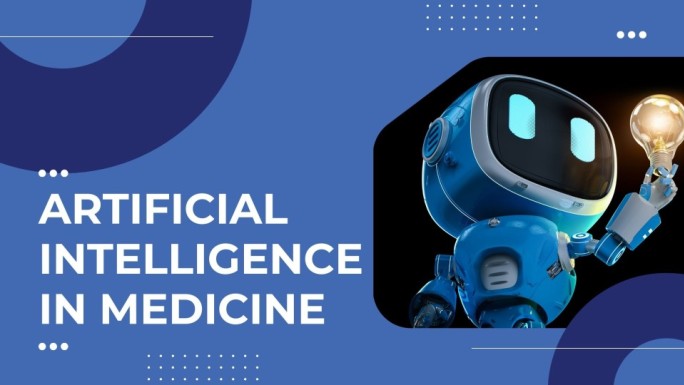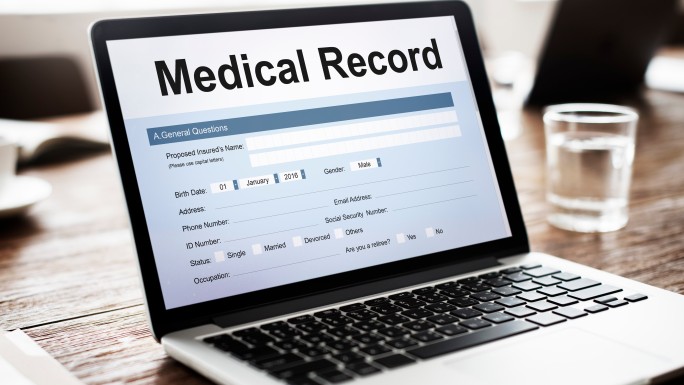Top 5 Best Dental EMR In 2024
In today's digital age, streamlining your dental practice with an efficient Electronic Medical Records (EMR) system is no longer optional, it's essential. However, with various dental EMR options on the market, selecting the right one can feel overwhelming.
This blog post cuts through the noise, unveiling the top 5 best Dental EMRs. We'll delve into their strengths, features, and suitability to different practice sizes, so you can make an informed decision that optimizes your workflow and elevates patient care. Let's dive in and discover the perfect fit for your dental practice
1. Dentrix Ascend
Dentrix Ascend is a cloud-based dental Electronic Medical Records (EMR) system designed to streamline operations and improve patient care in mid-sized to large dental practices. It offers a user-friendly interface and a comprehensive suite of features, including appointment scheduling, detailed charting with digital tools, automated billing and insurance handling, and secure patient communication. A key advantage is its scalability, allowing your practice to grow and add features as needed. Dentrix Ascend also integrates seamlessly with various dental equipment, fostering a smooth workflow.
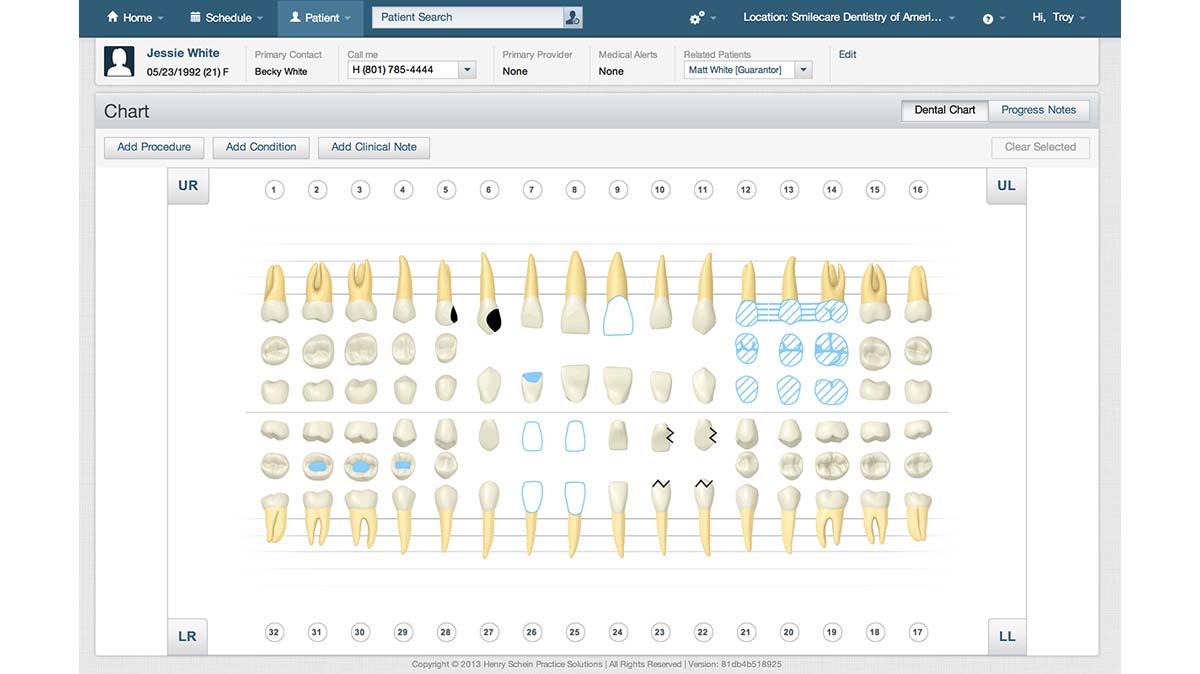
- Features: Comprehensive charting, scheduling, patient management, and billing.
- Pros: Integrated solutions for all practice needs, robust support and training, extensive third-party integrations.
- Cons: Can be expensive, steep learning curve for new users.
2. Open Dental
Open Dental takes a different approach to dental EMRs. This open-source software makes it a budget-friendly choice, particularly attractive for smaller dental practices. Despite its affordability, Open Dental packs a punch with features for managing patient records, scheduling appointments, handling billing, and generating reports. An advantage of open-source software is the high level of customization it allows. However, the flip side is that support and certain advanced features might be limited compared to closed-system EMR solutions. Overall, Open Dental offers a cost-effective EMR solution with good functionality, ideal for smaller practices that prioritize affordability and customization.
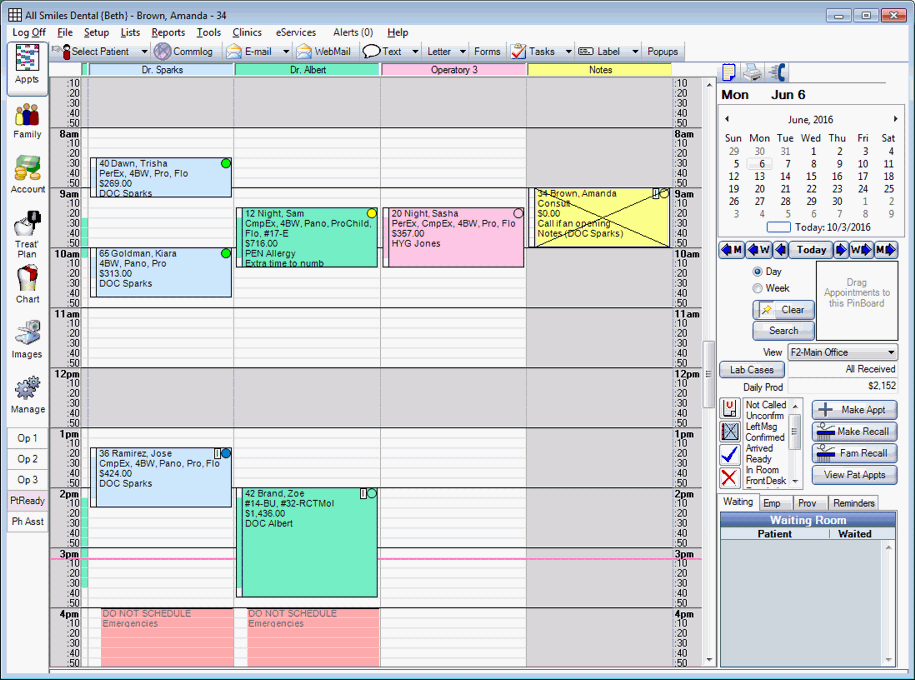
- Features: Open-source platform, robust scheduling, billing, and reporting tools.
- Pros: Highly customizable, cost-effective, active user community for support.
- Cons: Requires more technical knowledge for setup and customization, less intuitive for non-tech-savvy users.
3. Curve Dental
Curve Dental carves its niche in the dental EMR market with a focus on user-friendliness and a clean interface. This cloud-based system caters to both small and large practices, offering a comprehensive suite of features that go beyond just EMR functionalities. Curve Dental tackles core aspects like appointment scheduling, charting, and billing, but it also shines in practice management. With features for tasks like inventory control and staff scheduling, Curve Dental aims to streamline your entire dental practice operation. One of its strengths is its ease of use, making it a breeze for teams to learn and navigate, even with limited prior experience in dental software. However, some user reviews mention that Curve Dental might lack the depth of features offered by some competitors. Overall, Curve Dental is a strong contender for practices seeking a user-friendly, cloud-based EMR solution that emphasizes both core dental functionalities and broader practice management tools.
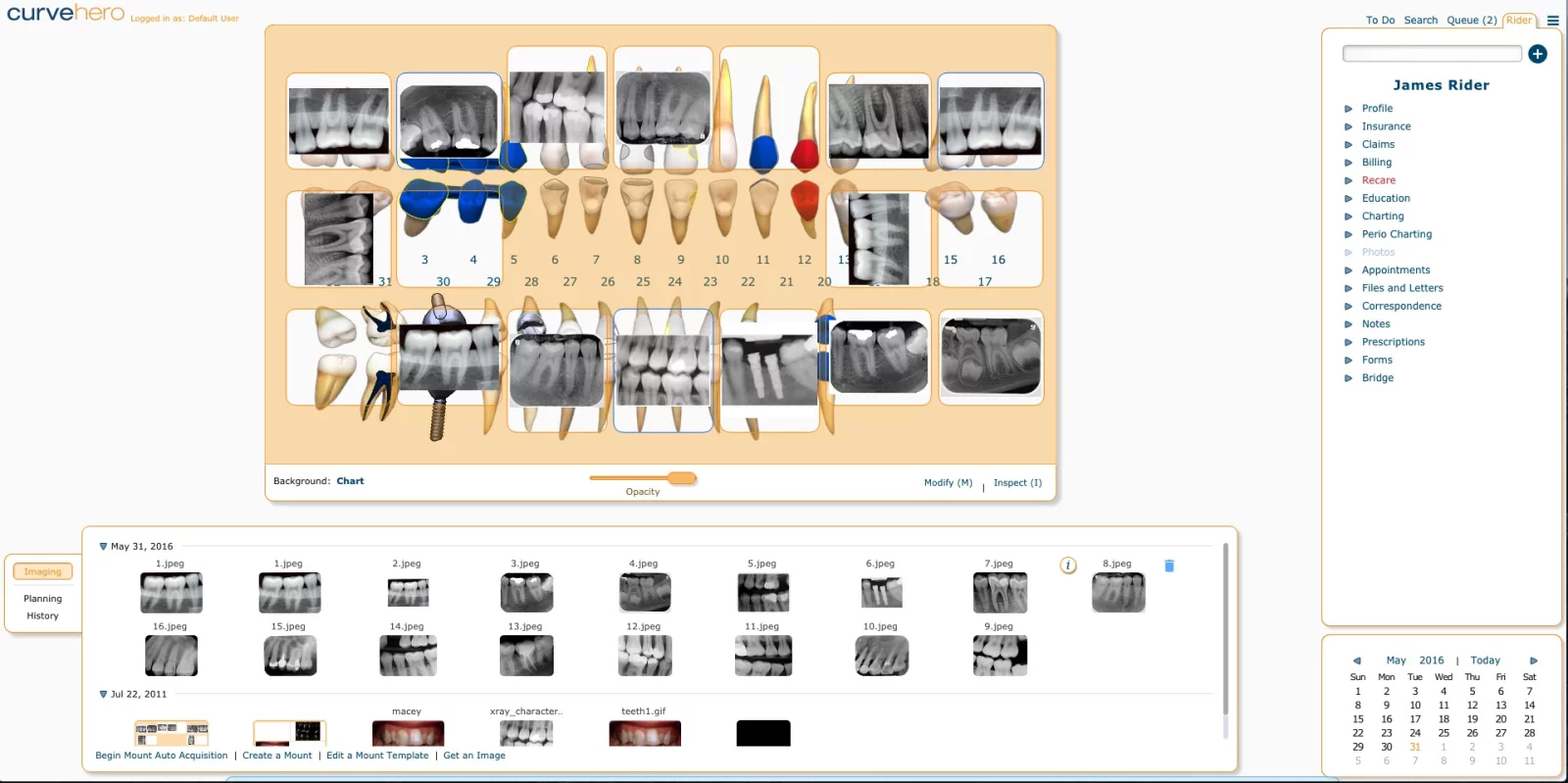
- Features: Cloud-based platform, intuitive charting, scheduling, and patient management.
- Pros: Easy to use, accessible from any device with internet, automatic updates and backups.
- Cons: Limited offline functionality, higher subscription costs over time.
4. Eaglesoft
Eaglesoft is a veteran player in the dental software arena, offering a robust on-premise EMR system. This feature-rich solution caters to dental practices of all sizes, providing a comprehensive toolkit for managing patient care. Eaglesoft excels in clinical functionalities, boasting advanced features like digital imaging and the ability to integrate with lab equipment. This streamlines workflows for tasks like creating treatment plans and sharing vital information. While powerful, Eaglesoft's extensive feature set can present a steeper learning curve for new users compared to some cloud-based solutions with simpler interfaces. Additionally, being an on-premise system, Eaglesoft requires installation and maintenance on your local hardware, which might involve ongoing IT costs. Overall, Eaglesoft is a powerful EMR solution ideal for practices seeking a comprehensive suite of features and advanced functionalities, particularly for clinical aspects. However, its on-premise nature and potentially complex interface are factors to consider when making your choice.
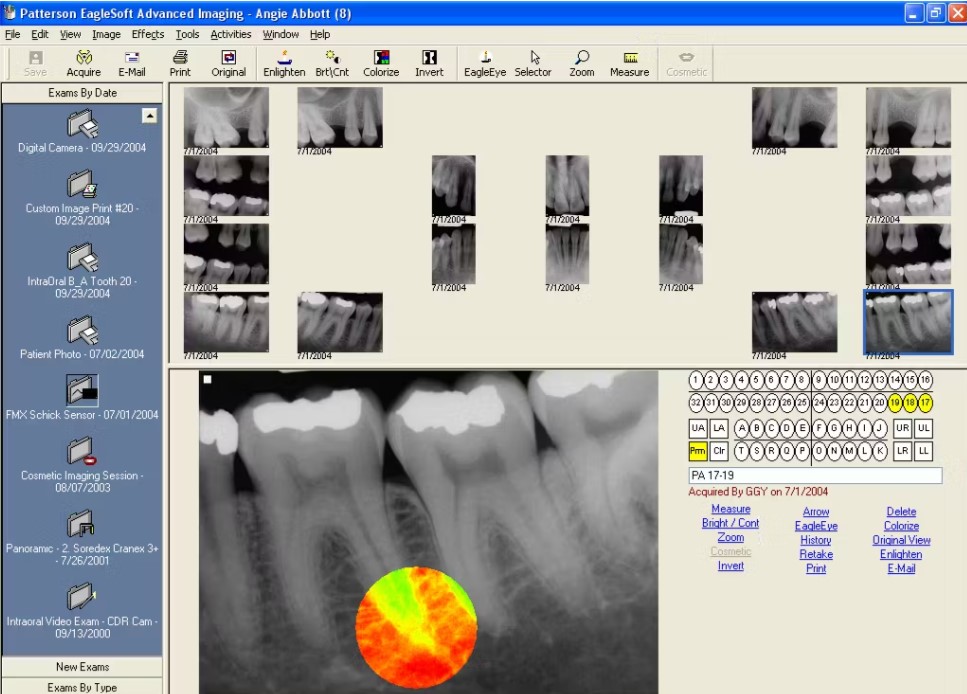
- Features: Clinical charting, patient scheduling, billing, imaging integration.
- Pros: User-friendly interface, good integration with imaging software, strong customer support.
- Cons: Limited customization options and occasional software updates can be disruptive.
5. Carestream Dental
Carestream Dental isn't a specific EMR system, but rather a company that offers a variety of dental practice management solutions, including EMR functionalities. They provide a range of products that cater to different aspects of your dental practice, such as:
By combining its imaging and practice management solutions, Carestream Dental aims to create a comprehensive ecosystem for dental practices. This can be a good fit for practices seeking an integrated approach to managing patient care, imaging, and administrative tasks. However, it's important to note that Carestream Dental doesn't offer a single, all-in-one EMR system. Their approach involves choosing and integrating different software components based on your specific needs.
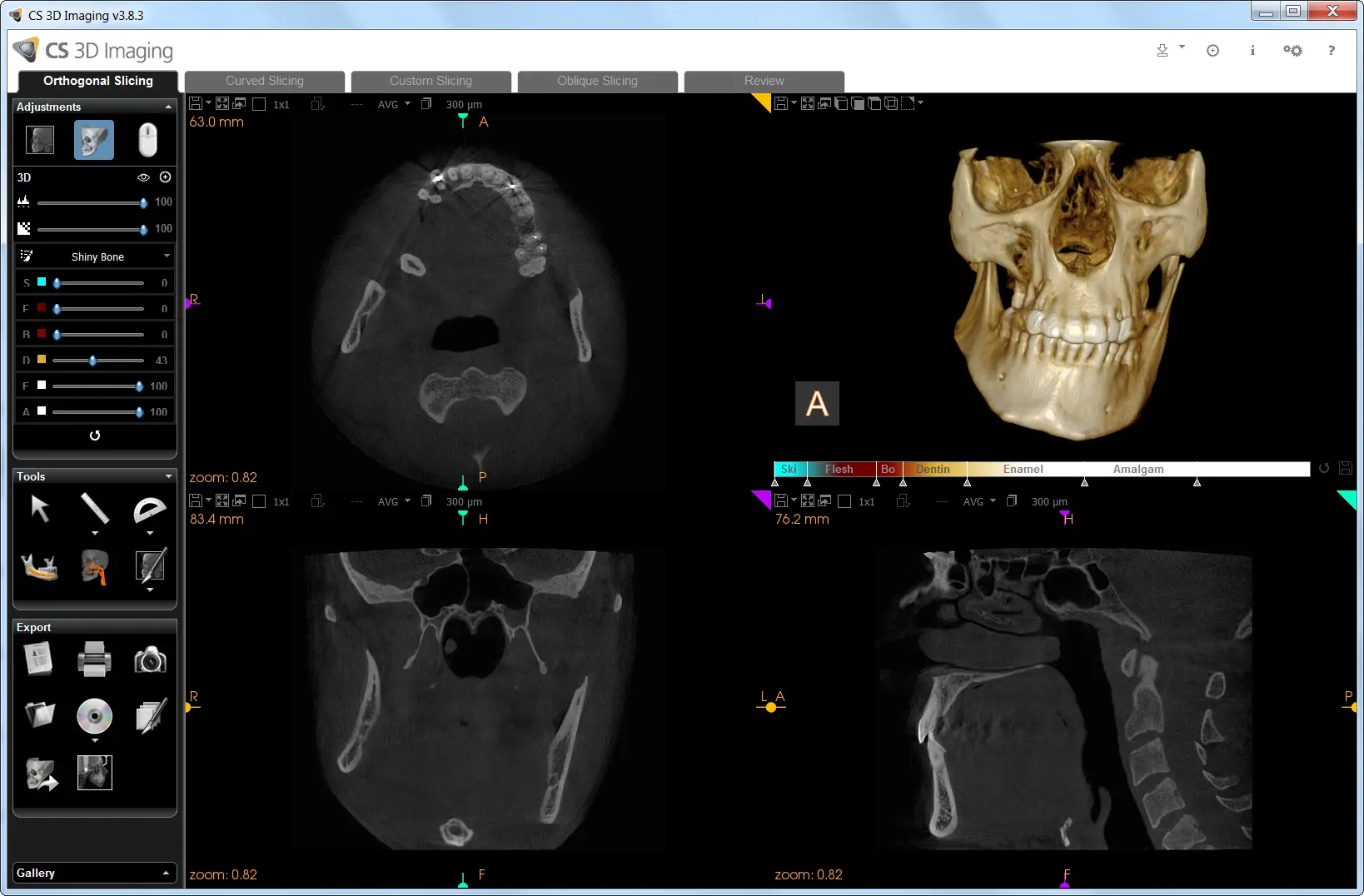
Features: Advanced imaging integration, patient management, billing, and scheduling.
Pros: Strong imaging capabilities, comprehensive practice management features, and good customer support.
Cons: Higher initial cost, complex installation process.
Choosing the Right Dental EMR
Choosing the right Dental EMR is essential for the efficiency and success of your dental practice. It's important to consider factors such as the size of your practice, budget, and specific feature requirements.
Look for a system that offers comprehensive patient management, intuitive clinical charting, efficient scheduling, and seamless billing and insurance processing. Additionally, the EMR should provide robust reporting and analytics to help you make informed decisions. Integration with third-party applications and customization options are also crucial for adapting the software to your practice's unique needs. By evaluating these aspects and considering user reviews and industry reputation, you can select a Dental EMR that enhances your workflow, improves patient care, and supports the growth of your practice.
If you need a custom dental EMR tailored to your business, reach out to Ominext to create a robust, personalized system for you.
Conclusion
Choosing the right Dental EMR system is crucial for optimizing practice management, enhancing patient care, and streamlining daily operations. The top five software: Dentrix, Eaglesoft, Open Dental, Curve Dental, and Carestream Dental, each offer unique strengths and capabilities tailored to different practice needs. By carefully evaluating your practice’s specific requirements, budget, and workflow preferences, you can select the EMR system that will best support your practice’s growth and success.

